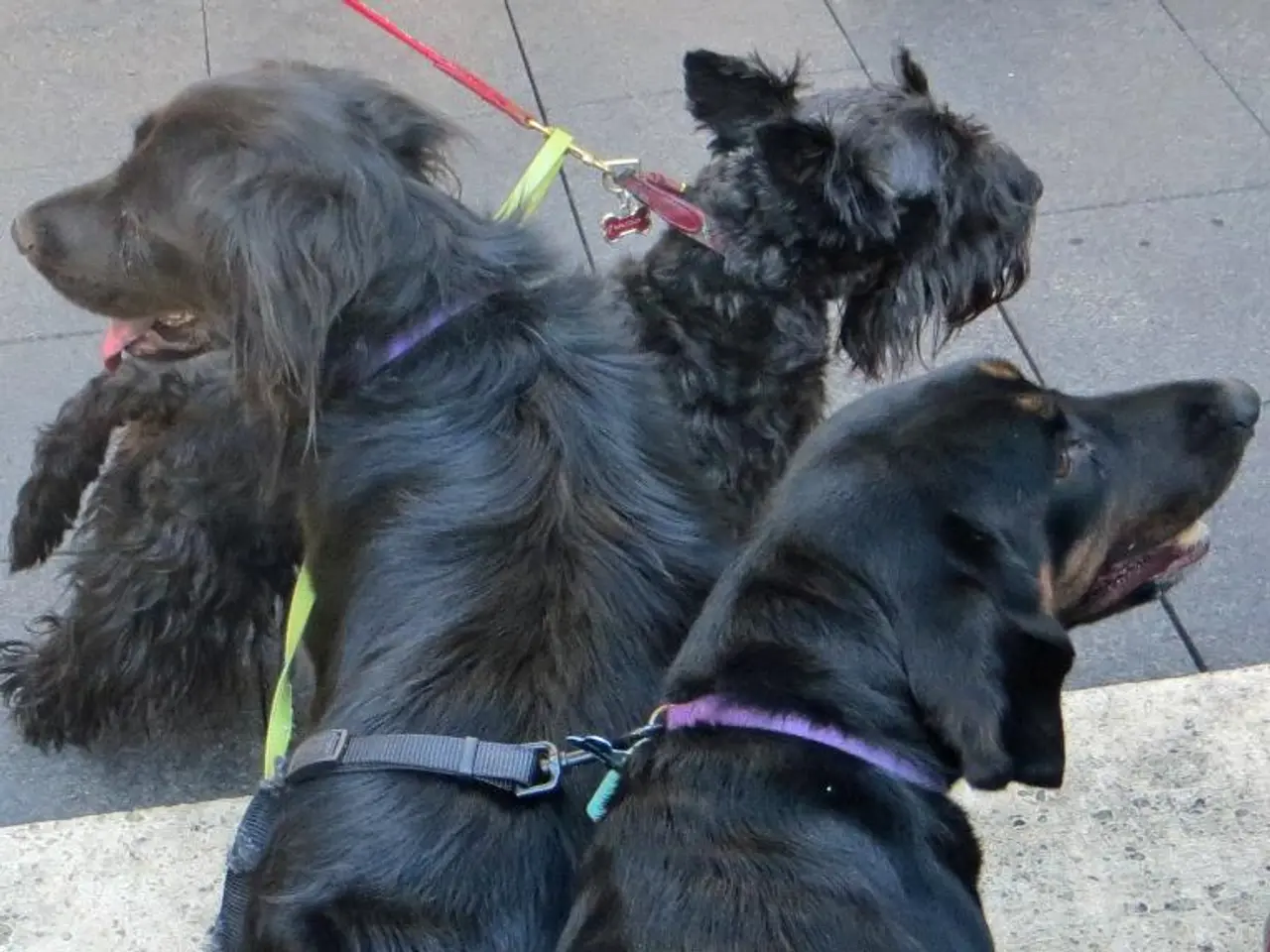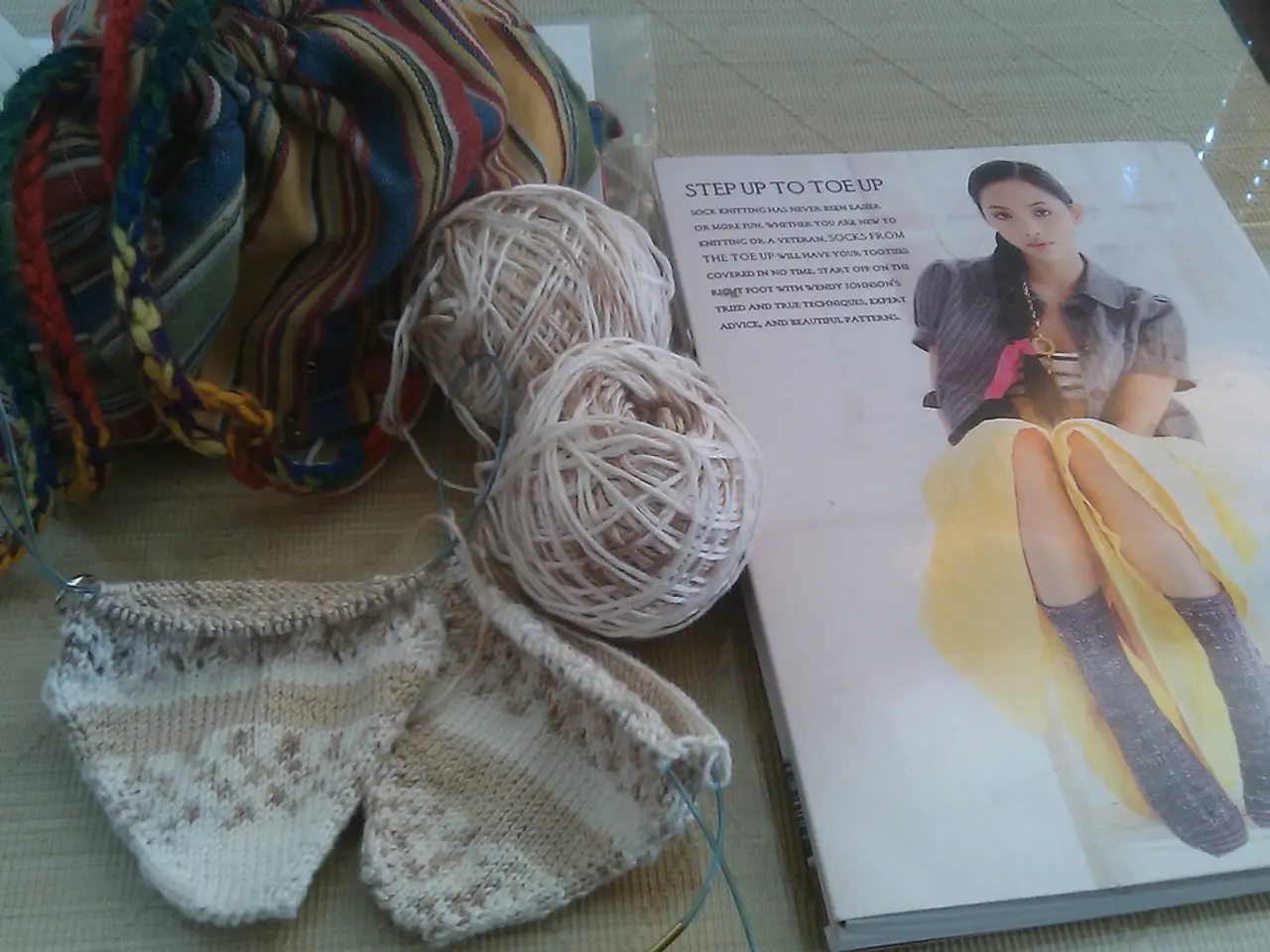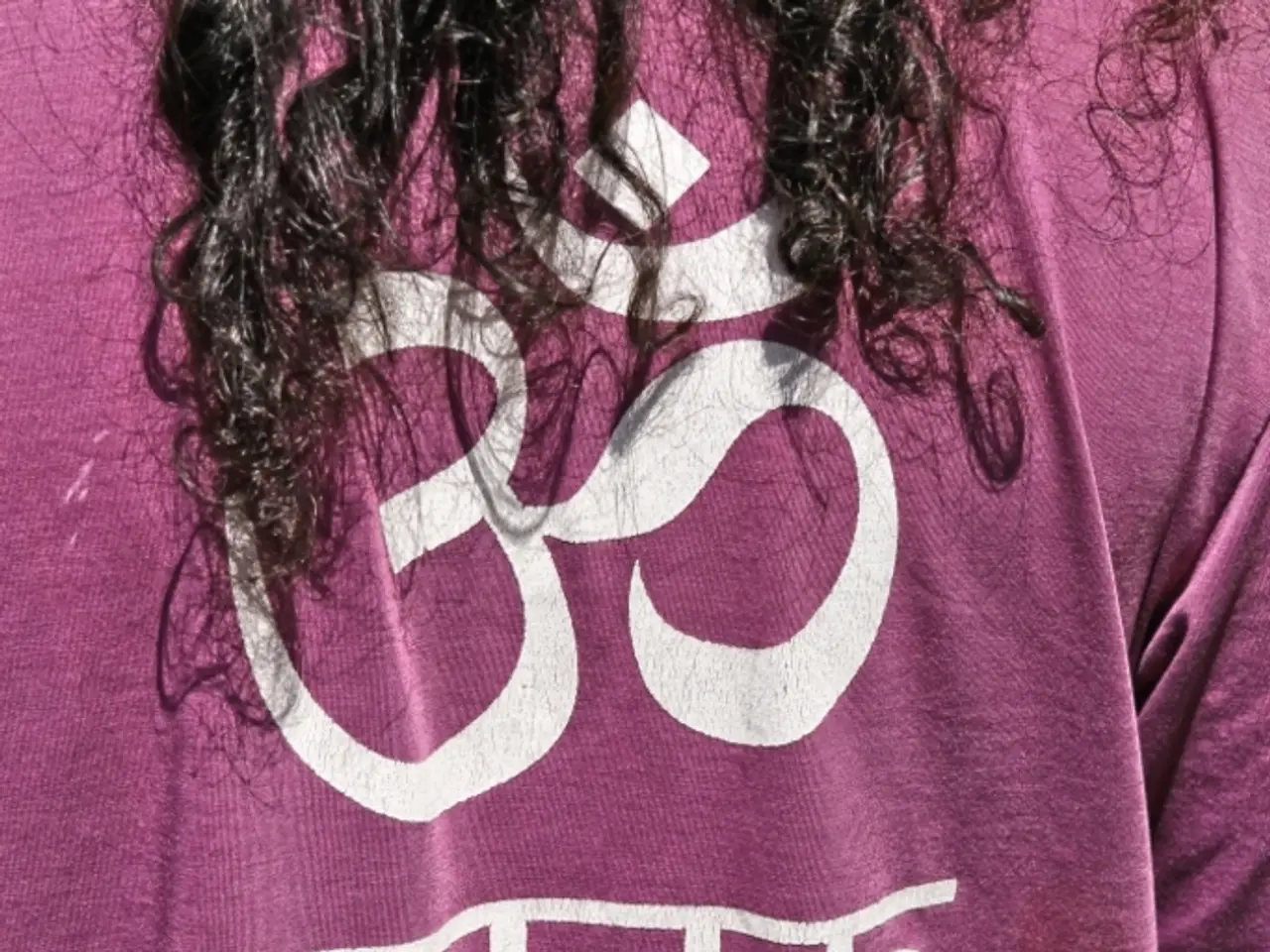Six remarkable African canine breeds, each distinct and beautiful in their own way
African guard dog breeds, such as the Rhodesian Ridgeback, Boerboel, Basenji, Sloughi, Aidi, and Azawakh, each have unique characteristics, exercise requirements, and training considerations that reflect their origins as working or guardian dogs.
Characteristics
These breeds are known for their distinct features and personalities. The Rhodesian Ridgeback, for example, is a large, powerful, and agile dog with a distinctive ridge of hair on its back. The Boerboel is a stocky build, highly protective guard dog, while the Basenji is small-medium, highly intelligent, and known for its yodel-like vocalization. The Sloughi is a sighthound, fast and originally bred for hunting, and the Aidi is a thick-coated dog from Morocco, loyal and smart as a guard dog. The Azawakh is an elegant sighthound from the Sahara, tall and slender, with a reserved nature.
Exercise Requirements
These breeds have high energy levels and require ample exercise to match their muscle and stamina. The Rhodesian Ridgeback, Sloughi, and Azawakh typically need around 2 hours of exercise daily, including plenty of space to run. The Boerboel and Basenji require about 1 hour of exercise daily with outdoor space to run, while the Aidi benefits from moderate exercise but enjoys outdoor activity.
Training Considerations
Experienced owners who can provide consistent training, adequate exercise, and early socialization are best suited for these breeds. The Rhodesian Ridgeback and Boerboel, for instance, require early socialization to avoid behavioral issues due to their size and stubbornness. The Basenji, with its independent streak and challenging recall, requires positive reinforcement and patience. The Sloughi and Azawakh retain hunting instincts and need training to address their strong prey drive and recall issues.
Behavior
These breeds are typically loyal and protective but can be wary or aggressive without proper guidance. The Aidi, for instance, is loyal and intelligent, while the Azawakh is loyal and loving but reserved towards strangers. Socialization can help these dogs feel more comfortable around new people and dogs.
Mental Stimulation
Apart from physical exercise, African dog breeds also require mental stimulation to avoid boredom and destructive behavior. Brain games for dogs and the best dog puzzle toys can provide the mental stimulation needed for these breeds.
In conclusion, owning or handling an African guard dog breed requires a commitment to consistent training, adequate exercise, and early socialization to balance their protective nature with good behavior. These breeds thrive with ample outdoor space and often need stimulating activities to prevent boredom and destructive behavior.
This profile should help owners or handlers understand the commitment and approach needed for these African guard dog breeds.
About the Author
This article was written by Rebecca, a veterinary surgeon who graduated from the Royal Veterinary College in London in 2009 and has a BSAVA postgraduate certificate in small animal medicine.
Last Updated
This article was last updated in July 2025.
Editor's Note
This article was edited by Georgia Guerin and Megan Milstead.
Additional Information
Rebecca writes on various feline and canine topics for the Veterinary Content Company on a freelance basis. The Aidi originated in Morocco and was bred as a guard dog to protect against predators in mountain regions. The Azawakh was used to guard livestock and still carries its protective genes. The Aidi is not officially recognized by the American Kennel Club, but is recognized by other organizations around the world. Azawakhs are one of the rarest dog breeds and could be mistaken for a whippet due to their tall and slim frame.
Rebecca enjoys walking her own dog, spending time with her young family, and baking outside of work and writing.
- African guard dogs, like the Rhodesian Ridgeback, Boerboel, Basenji, Sloughi, Aidi, and Azawakh, each have unique characteristics that reflect their working or guardian dog origins.
- Ample exercise is crucial for these breeds due to their high energy levels, with the Rhodesian Ridgeback, Sloughi, and Azawakh needing around 2 hours daily, while the Boerboel, Basenji, and Aidi require about an hour of exercise daily.
- Prospective owners should be prepared for consistent training, early socialization, and positive reinforcement to manage potential behavioral issues and bust boredom, especially with breeds like the Basenji and its complex recall.
- Mental stimulation through toys and brain games can help these dogs avoid destructive behavior when physical exercise is not possible.
- These breeds are typically loyal, protective, and wary of strangers, while socialization can help with feeling more comfortable around new people and pets.
- Understanding the breed-specific needs, origins, personalities, and the dangers of undesirable behaviors is vital for the pets' well-being and the safety of their family and surroundings.
- The author, Rebecca, a veterinary surgeon specializing in small animal medicine, contributes articles on various feline and canine topics for the Veterinary Content Company on a freelance basis. Extremely rare breeds such as the Azawakh may resemble other popular breeds, like the whippet, but still carry unique genetic traits and protective instincts.




